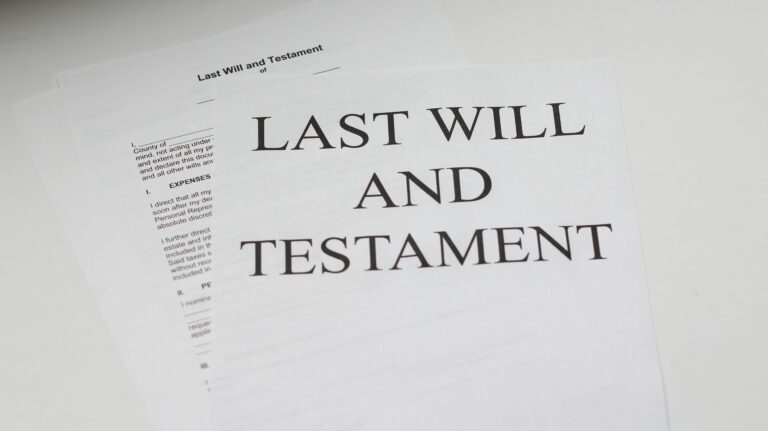
Who Inherits TV Broadcaster Barbara Walters’ Estate?
Vim Buzz’s recent article entitled titled “Who Will Inherit Barbara Walters’ Estate?” says American broadcast journalist and television personality Barbara Walters also rose to fame and received praise for speaking with people like Hugo Chavez, Fidel Castro, Anwar Sadat, Menachem Begin, Katharine Hepburn, Sean Connery, Monica Lewinsky and Vladimir Putin.
She hosted a number of television shows, including Today, the ABC Evening News, 20/20 and The View.
Walters was well known for her interviewing skills and popularity with viewers.
Her “coming out of retirement” for a special 20/20 interview with Peter Rodger, the father of the murderer of the 2014 Isla Vista shootings, Elliot Rodger, was announced on June 10, 2014.
She spoke in-depth with presidents and their wives, like Richard and Pat Nixon and Barack and Michelle Obama. In fact, she spoke with every sitting president and first lady of the United States during her tenure.
She also spoke with Joe Biden and Donald Trump, but not when they were president.
The newscaster’s estate will be inherited by her family. Chief among her assets was a Florida retreat she purchased in 2014. That was the same year she announced her retirement.
However, the property was placed on the market shortly after her dementia diagnosis took a turn for the worse.
She purchased the three-bedroom, four-bath waterfront condo in Naples for $3.4 million.
Just two years later, in April 2016, she transferred the unit to her daughter, Jaqueline Dena Guber.
The 54-year-old Guber subsequently listed the home three months later for $6.78 million. The home spent time on and off the market until September 2018, when it sold for $5.35 million.
The complex is called Moraya Bay. This luxury building has a concierge service, a private beach club, a large state-of-the-art fitness center and full security.
However, in New York City, Walters had lived in the same Upper East Side apartment overlooking Central Park since 1989.
An ABC program titled “Our Barbara” aired on January 1, 2023, and a 20/20 senior producer remarked, “For a lot of years, we maintained a close eye on Barbara.
Her final public appearance was in 2016, and her final on-air interview was with Donald Trump for ABC News in December 2015.
Reference: Vim Buzz (Jan. 3, 2022) “Who Will Inherit Barbara Walters’ Estate?”









